Wis. 7:7-11; Ps. 90:12-17; Heb. 4:12-13; Mk. 10:17-30
“All things are possible for God” including meeting the precondition to be a follower of God. The man who ran up to Jesus was given a precondition for he was “lacking in one thing”, giving up all his possessions before coming to follow Jesus. He was attached to his possessions in a way that was holding him back from his desire for the “eternal life”. Nothing we have as our possession we take with us into the eternal life. Naked we came into the world and naked we will return. What is that one thing in the way keeping us from the eternal life?
We can be attached to people, places and things that hold us back from growing in our faith. We can be attached to our sins that we refuse to separate from. We can turn something natural into something abusive from food to entertainment from sex to work it can all become an attachment of sin. People, places, and things are not the end all but the means to come into relationship with our God. But “all things are possible with God” to transform our attachments from sin to service, from dependency to freedom.
Something good can become something that stands in the way of our call to love God above all things. God first! Who are our attachments that hold us back from coming to Jesus? We can be attached to people who we love so much that we lose sight of God. Recall when Jesus was told his mother and brothers had arrived to see him. He asked “who is my mother and who are my brothers?” Jesus’ love for his mother was not any less than a son to her but he understood his calling was greater than his love for his earthly family. He came to build up a heavenly family and that did not mean loving anyone less but being willing to love more by sacrifice for something greater. We are called to make a similar sacrifice when we decide we are ready to “cling” to a “suitable partner”.
Last week the theme of the readings was about leaving behind mother and father and clinging to your “suitable partner”. We don’t love our parents less we only grow in love as we come to appreciate even more what they did for us, their sacrifice, and the love so we could be ready to love even more in marriage and with our children. When we get married our focus is on our mission as a couple to help each other get to heaven.
Priests leave behind mother and father and cling to the mother Church with a sacrificial love for their calling to serve the poor, the neighbor, and the stranger. If a husband or wife decides they have no intention of coming to Church do we still come and fulfill our commitment to God first? Won’t our prayers for our family be more of a sacrifice by still coming to Church and serve as a reminder to your spouse that God comes first? St. Augustine’s mother St. Monica prayed and sacrificed for her son when he was living his life of sin and not only were her prayers answered but she became a saint through her sacrifice. Come and pray for their conversion for “all things are possible for God.”
We can be attached to places like our workplace. Work is a calling from God and scripture reminds that he who does not work should not eat. Work is especially fruitful when we make our work a place where we invite God into that he may multiply the blessings of our work. Work can also become an attachment for sin when we don’t work to live but live to work as workaholics. Workaholism is closely linked to the love of money. Otherwise, there is plenty of work to do at home, to volunteer at church if someone has the energy and time to give more and the payback can be even greater than any money will buy.
We can even be attached to things that represent our “silver and gold” like our cell phone. Can we try putting that cell phone down for just a day, or even just a meal to sit and face each other in conversation? Let us ask ourselves “how difficult is that?” Something that has made our life so convenient in communications can even turn to evil. Evil comes in the form of social media and cancel culture, stalking and bullying. Youth are more driven to suicide by social media than by going out and living life. The phone is the silver and gold of youth and can turn into the weapon of Satan if parents are not aware of what their children are viewing. The evil one can turn all things into possibilities for sin and destruction.
All things are possible for God”. Greater than silver and gold are the “countless riches” at the hands of wisdom that bring “all good things together”. “Nothing in comparison with her” not silver, gold or priceless gems compare to the countless riches coming from the spirit of wisdom in the kingdom of God. Search for the things from above and greater than any earthly riches will be given. The things from above work together to separate the darkness from the light and bring us the gift of wisdom.
It takes wisdom to see the hand of God in our presence and recognize in life not just what is but what is becoming of us for we are the unfinished work of God in search of his perfection. God’s work in us is to grow in holiness, to be made perfect in love, and to come and follow him in doing his will. Wisdom is the outcome of living the infused virtues coming from God through the gifts of the Holy Spirit put into practice in our human encounters with life in God’s presence.
“Then come, follow me” sets the precondition to being a follower of Jesus. Something needs to occur before we become followers of Jesus. What is our “then come” that is keeping us from entering into the eternal life? Is it our possessions or even something deeper like our pride? Do we need to come to the waters of baptism and accept Jesus as our savior? We need to come to Jesus in humility and accept his love and mercy. Jesus is waiting? As he said to a young Maria Faustyna Kowalksa in a vision, “How long will you keep me waiting?” It was the moment of conversion for St. Faustyna. For most of us, it is a moment by moment conversion until our last breath. Jesus does not push us away from him we keep pushing ourselves away from him still trying to live “our life”. Our life is a breath away from ending the moment the breath of Jesus stops breathing on us.
The disciples claim to have met the preconditions as Peter claims, “We have given up everything and followed you.” Jesus’ response is a promise to receive “a hundred times more…now in this present age…and eternal life in the age to come.” Jesus is preparing his disciples for the coming kingdom of his church on earth that comes with “houses” of worship, “brothers and sisters” in Christ, “mothers” from the Church and children from the followers and with “lands” from the four corners of the world as the gospel is proclaimed. It also has its sacrifice “with persecutions” as the early Church is persecuted but it’s reward “in the age to come”. After the resurrection of Jesus, the disciples received “a hundred times more…in the present age”, they received the power to heal, to cast out demons, to proclaim the gospel with authority and even to forgive sins in the name of Jesus for “all things are possible for God.”
We can count our blessings a hundred times but we also need to recognize our gifts coming from God in all the little and big ways he answers our prayers. God provides us the wisdom to raise our family, the justice to protect the innocent, the resources to feed the hungry, the fortitude to defend our faith, the temperance to balance our life, the prudence to judge rightly and the breath of life to live as true witnesses of the gospel message.
“Blessed are the poor in spirit, for theirs is the kingdom of heaven.” When there is doubt between the word of God and our thoughts and feelings there is no doubt. The gift of prudence helps us accept the word of God in humility, to recognize what is lacking in us as poor in spirit comes in the fullness of God’s truth and we trust in him. “All things are possible for God” when we invite him into our lives. We come to him in the poverty of our humanity, with all our limitations, all our faults, all our needs and hopes. We ask for forgiveness in what we have done and failed to do and the most merciful God in his riches hears our prayers and answers.
Let us remember to pray the Rosary. It is a meditation on the life of Christ with the Blessed Mother Mary echoing our prayer to her son. With each mystery place yourself there and imagine witnessing the mystery and experiencing the joy, sorrow, glory, and the light. Soon we can come to enter into the mystery itself and receive the graces from God who makes all things possible.
Tags



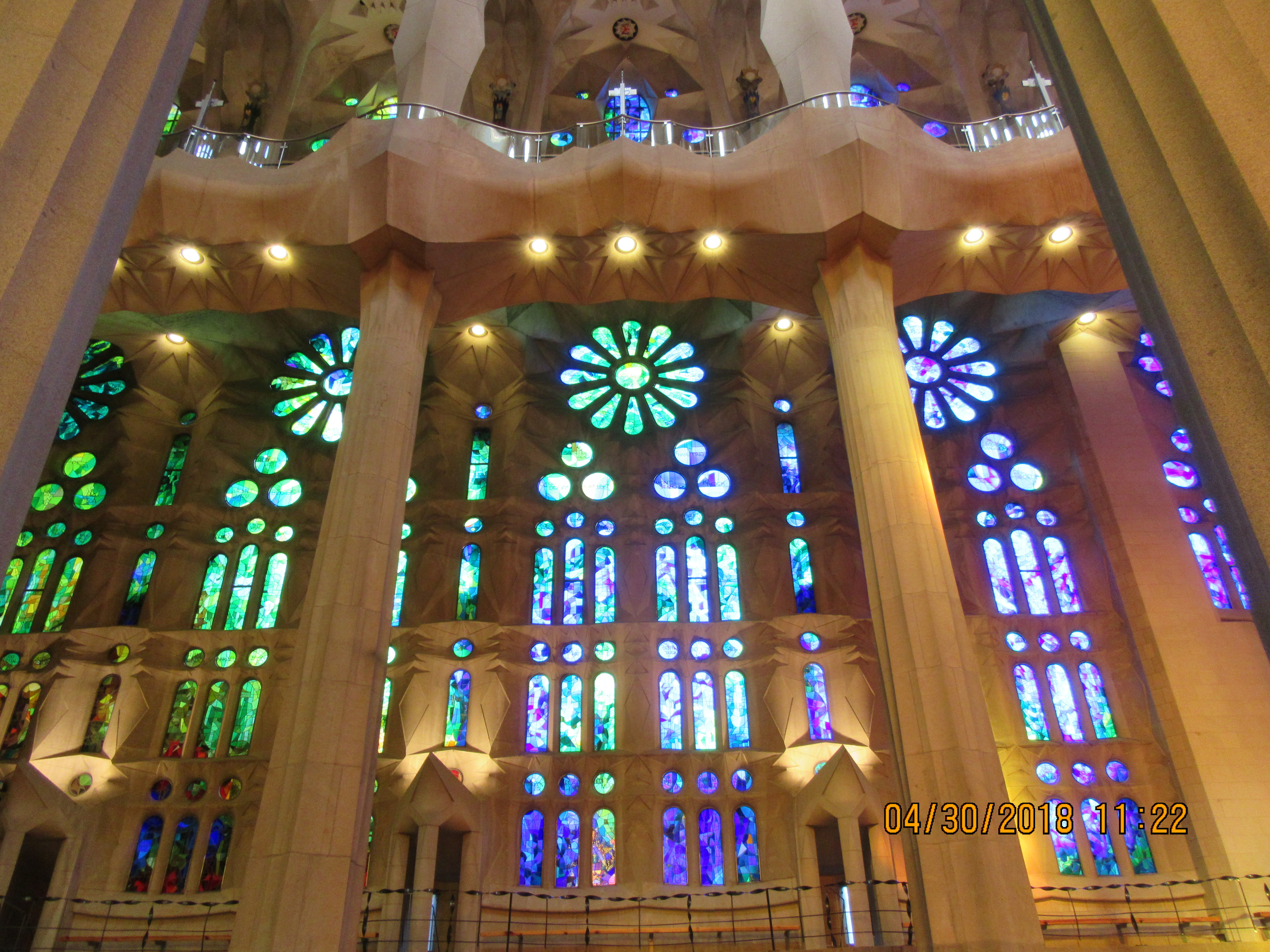

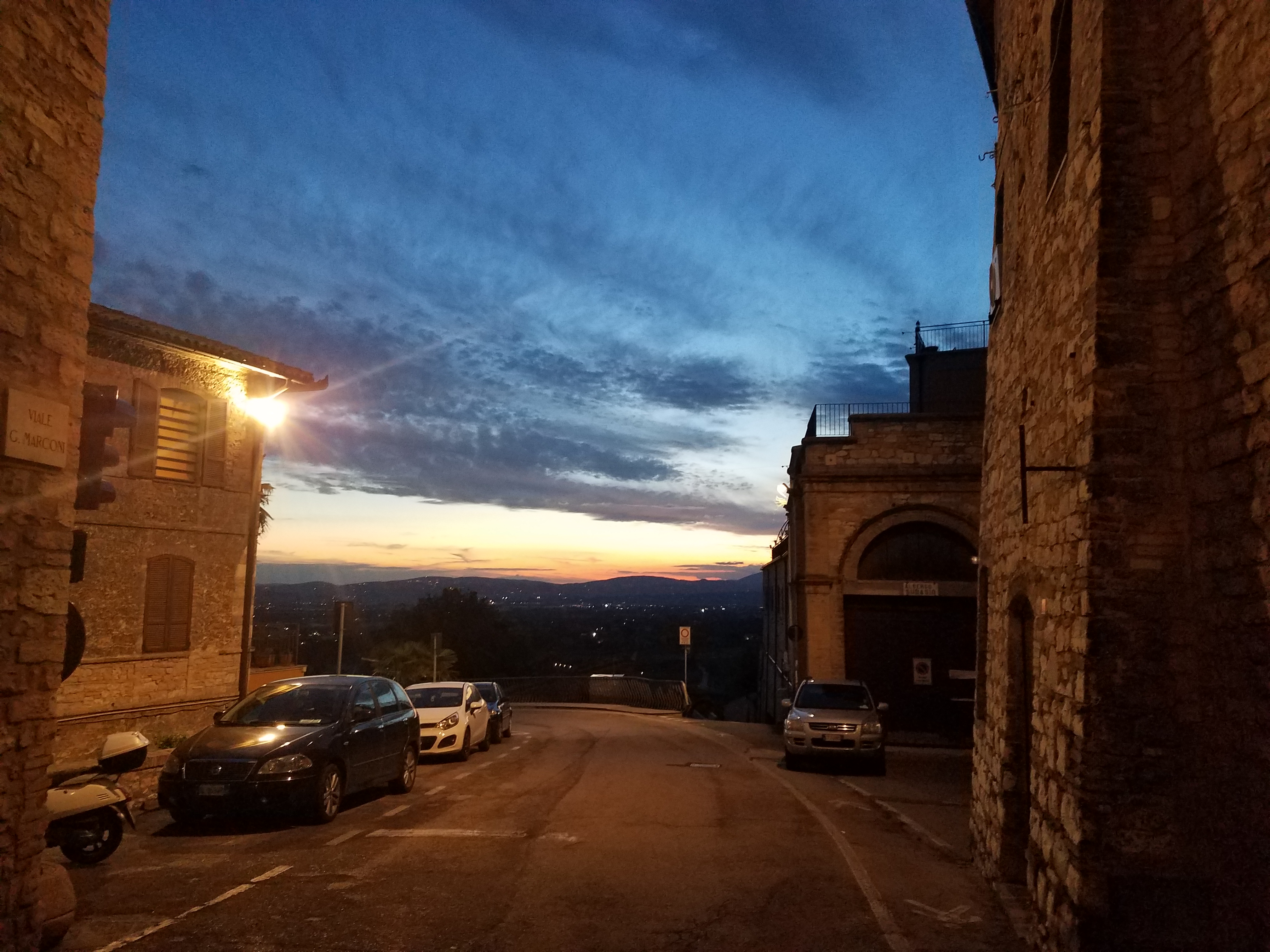



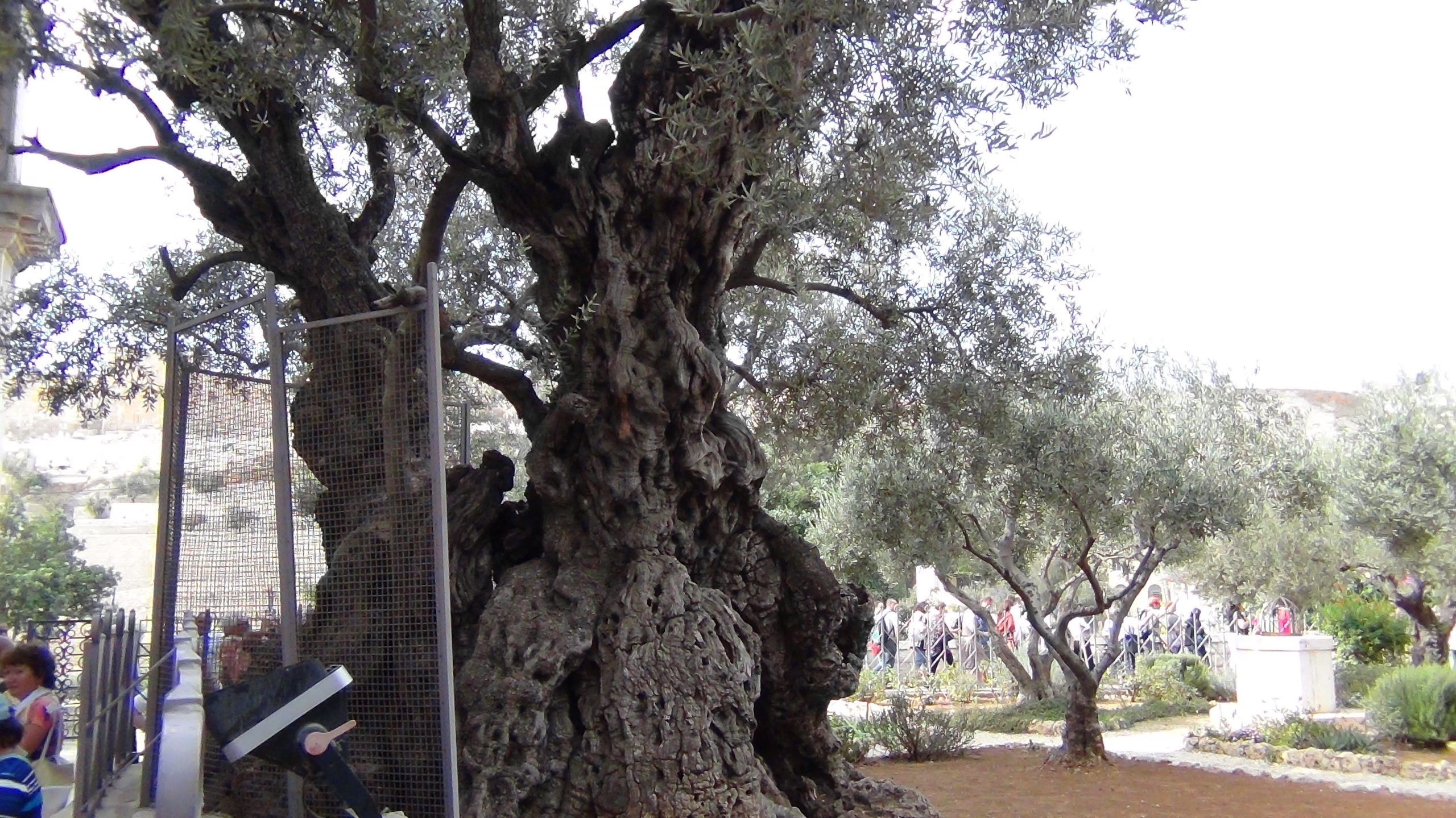

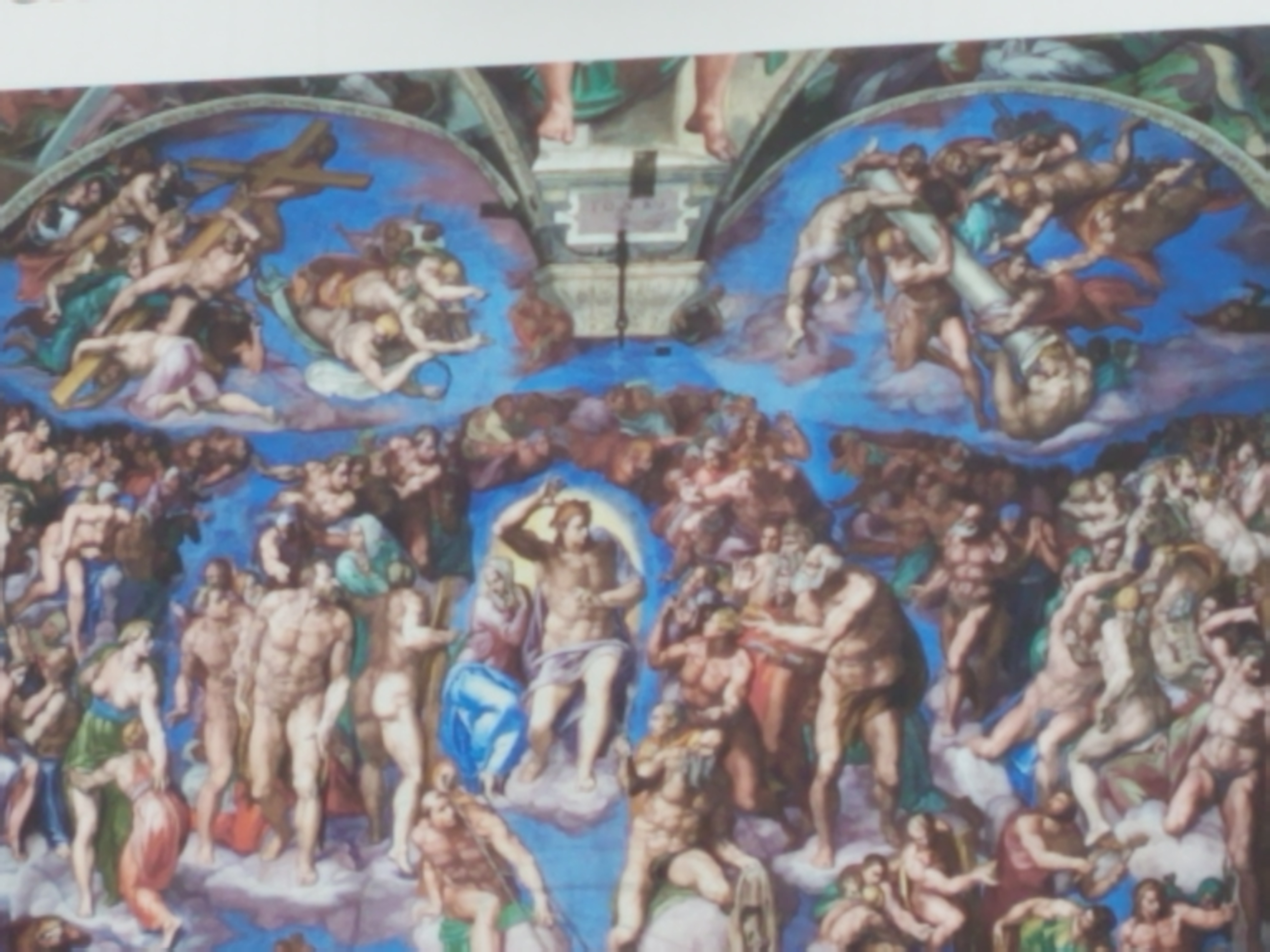
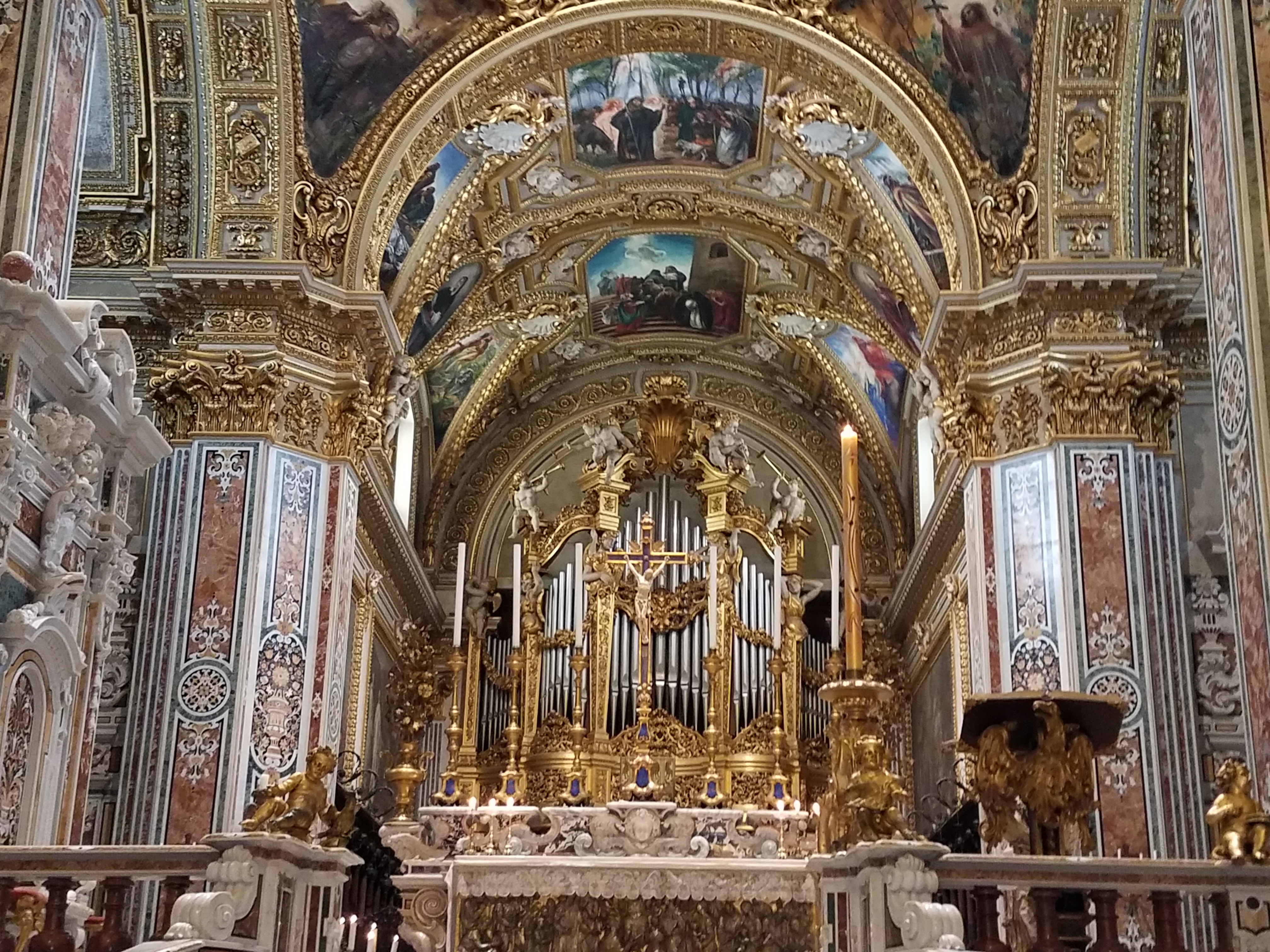

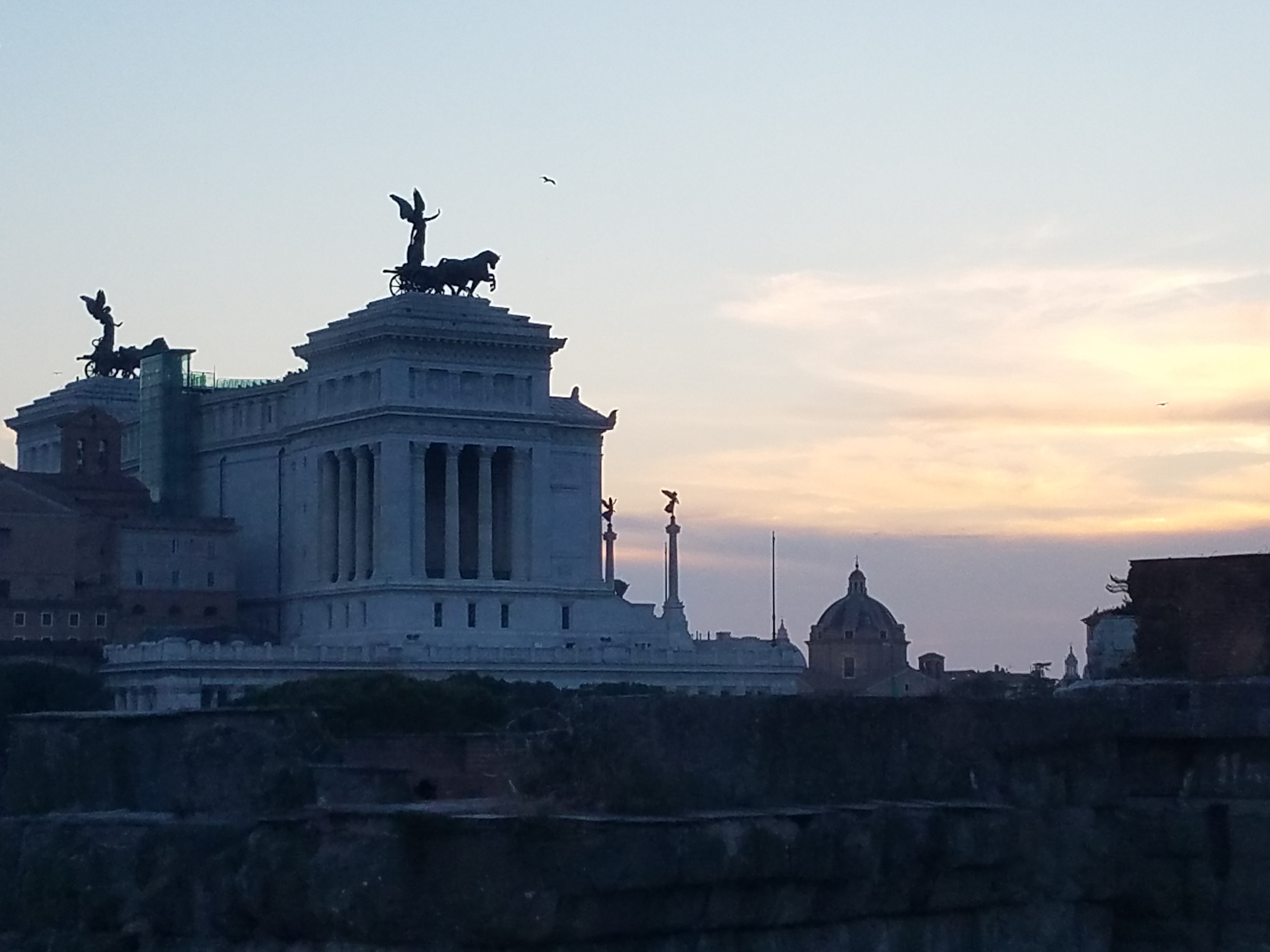

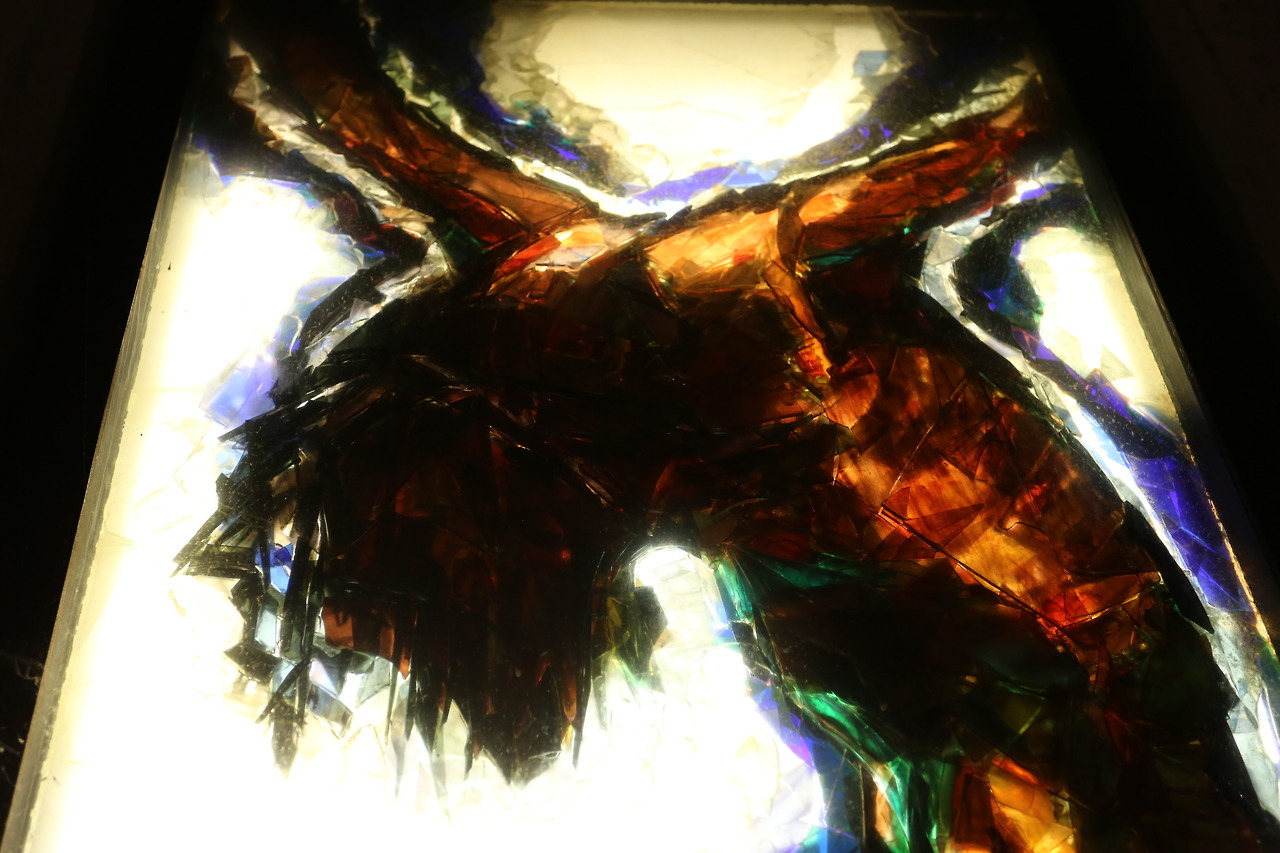



Recent Comments